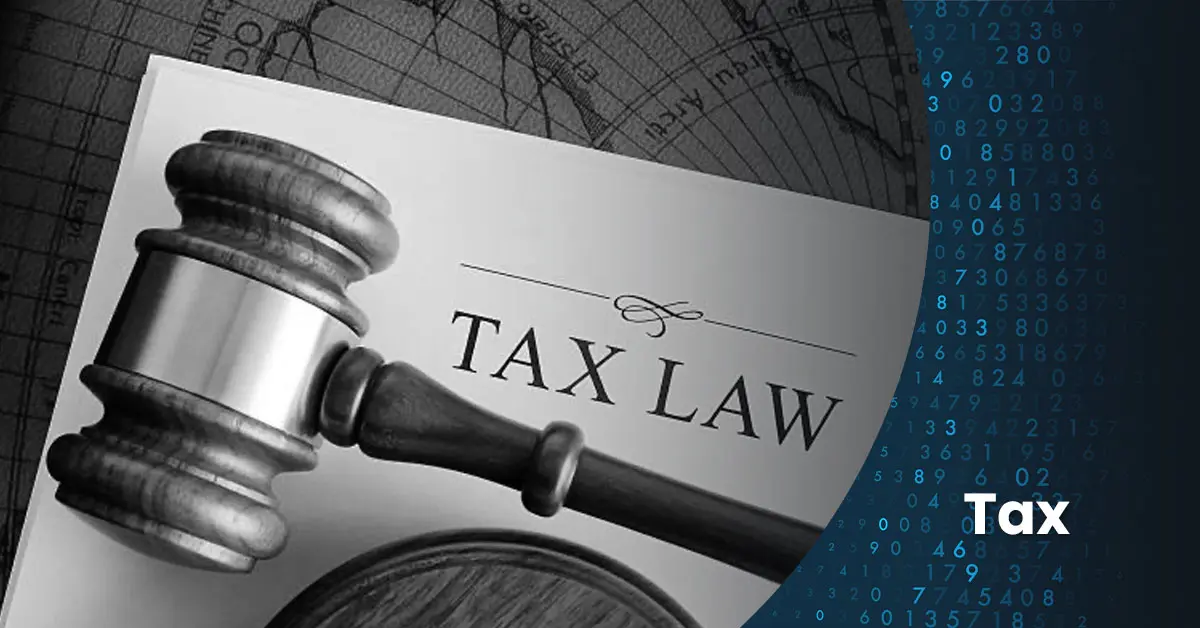Introduction
In April of this year, the U.S. Tax Court issued a decision in a case known as Alon Farhy v. Commissioner (160 T.C. No. 6, April 3 2023), which focused on the Form 5471 non-filing penalties under IRC Sec. 6038(b). Interestingly, the Tax Court concluded that the IRS does not have the statutory authority to automatically impose these penalties. It has long been the IRS’s practice to issue a notice of penalty when a failure to file an international form is discovered. Once the notice is sent to the taxpayer, the liability is considered final, and it is the responsibility of the taxpayer and their advisors to mitigate the liability by asserting reasonable cause. The Tax Court determined that this is not an appropriate penalty assessment procedure. Instead, the proper penalty enforcement procedure requires the IRS to initiate a civil action, which is a much more time-consuming and resource-intensive process.
Summary of the case
For the tax years 2003 through 2010, Taxpayer was the sole owner of two Belize corporations. For the years in question, the taxpayer knowingly failed to comply with the filing requirements of Form 5471. The violation was determined to be willful and not due to reasonable cause. As a result, the IRS assessed a penalty of $10,000 per year for the failure to file, and subsequently, assessed a continuation penalty of $50,000 per year for the taxpayer’s continued failure to comply.
IRC Sec. 6038(b)(1) imposes a penalty of $10,000 for each year of failure to file Form 5471. IRC Sec. 6038(b)(2) imposes a continuation penalty of $10,000 for each 30 days after the initial 90-day period that the failure continues, up to a maximum of $50,000. The IRS is authorized under IRC Sec. 6201(a) to assess all taxes, including interest, additions to tax, and “assessable penalties.” Once a tax, interest, additions to tax, or assessable penalty is assessed, the IRS may take administrative collection action, such as levy and lien, to collect the amount owed.
The taxpayer argued that the IRS lacked statutory authority to assess the penalties under IRC Sec. 6038(b) because they were not “assessable penalties” that could be collected administratively under Sec. 6201(a). While the IRS could potentially collect these penalties through a civil action under 28 U.S.C. Sec. 2461(a), the agency could not assess or administratively collect these penalties.
The IRS contended that the term “assessable penalties” includes all penalties that are not subject to the deficiency procedures of the Internal Revenue Code. In addition, the IRS contended that the term “taxes” in IRC Sec. 6201 is broad enough to encompass Sec. 6038 penalties.
The Tax Court sided with the taxpayer, holding that while Congress has authorized assessment for many penalty provisions, such authority does not extend to penalties under IRC Sec. 6038(b). For example, IRC Sections 6671-6725, found in Subchapter B of Chapter 68 of Subtitle F, entitled “Assessable Penalties”, specifically provide for assessable penalties for which the IRS has assessment authority under IRC Sec. 6201. Other sections generally have their own penalty enforcement provisions, or they refer to a provision within IRC Sections 6671-6725. In addition, 28 U.S.C. Sec 2461(a) authorizes the recovery of civil penalties and fines by civil action where Congress has not provided a method of recovery or enforcement. The Tax Court concluded that IRC Sec. 6038(b), unlike other penalties in the Code, does not provide a method of recovery or enforcement and therefore must be recovered through a civil action. The Tax Court also disagreed with the IRS’s assertion that all penalties not subject to deficiency procedures are automatically “assessable penalties” and that the term “taxes” includes IRC Sec. 6038(b) penalties.
Impact of the case to taxpayers
This ruling has favorable implications for taxpayers and their advisors, but there are some important considerations to keep in mind. First, this case applies only to penalties for which Congress has not specified a method of assessment. Taxpayers can rely on this ruling for penalties such as IRC Sec. 6038(b) penalties (Form 5471 categories 4 and 5 and Form 8865 categories 1 and 2), IRC Sec. 6038A(d) penalty (Form 5472), IRC Sec. 6038B(c) penalty (Form 926) and IRC Sec. 6038D(d) penalty (Form 8938). However, penalties for which Congress has specifically provided for “assessable penalties,” such as IRC Sec. 6677(a) and (b) penalties (Forms 3520 and 3520-A, relating to information for certain foreign trusts) and IRC Sec. 6039F(c) penalty (Form 3520, relating to large gifts from foreign persons), can still be assessed directly by the IRS.
Second, the IRS may appeal the Tax Court’s decision to the Court of Appeals, and further developments in the case should be monitored. Even if the Court of Appeals, and ultimately the Supreme Court, upholds the decision, the IRS may work with Congress to formally enact legislation authorizing automatic penalty collection procedures. It may be some time before this issue is fully resolved. Because there is generally no statute of limitations for non-filing penalties, taxpayers cannot assume that the possibility of penalty assessment will go away. Therefore, it is important that taxpayers continue to take the necessary steps to comply with applicable reporting requirements in order to avoid any penalties.
Nevertheless, this ruling may provide a window of opportunity for taxpayers to file for protective refund claims. Taxpayers who have recently paid similar penalties that are not currently specifically designated as “assessable penalties” should consider filing refund claims to preserve their rights to claim a potential refund before the statute of limitations for refunds expires.





 Previous
Previous






